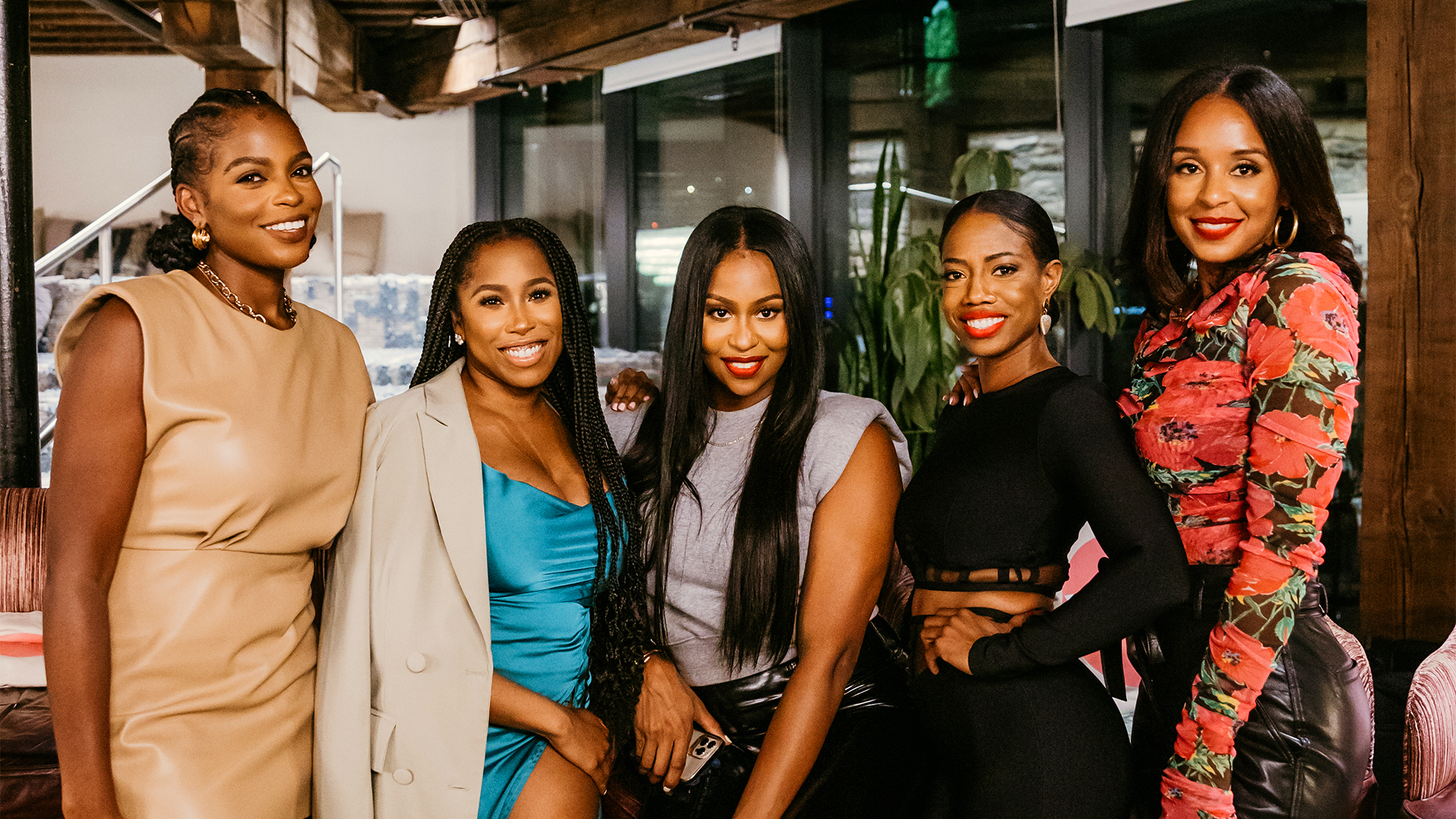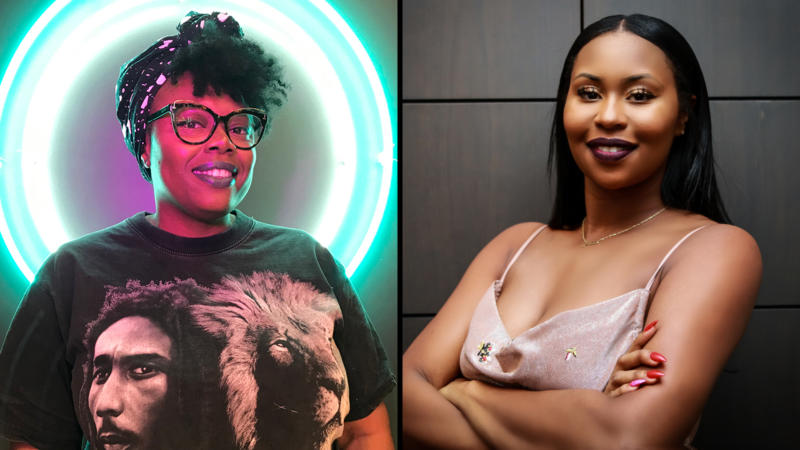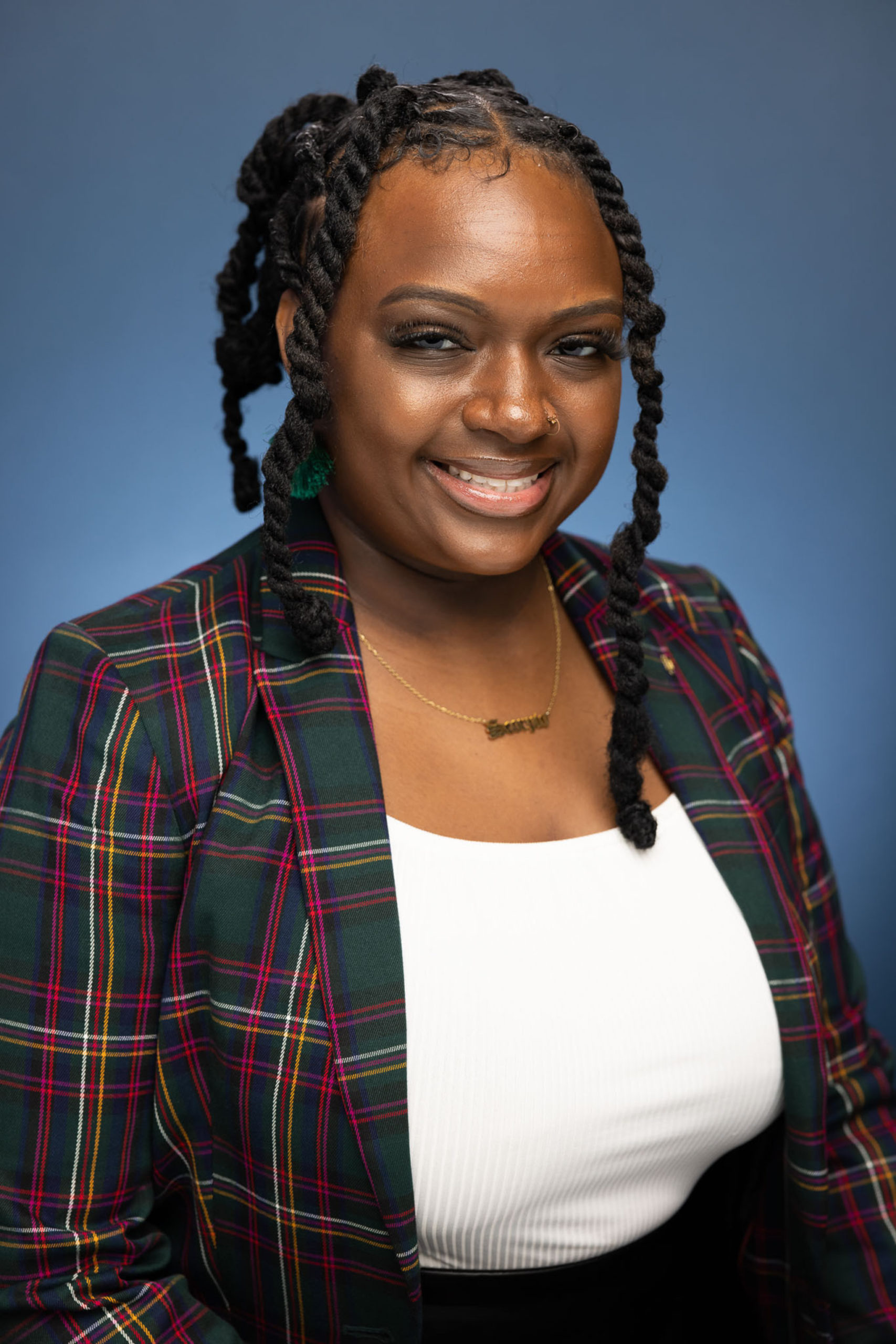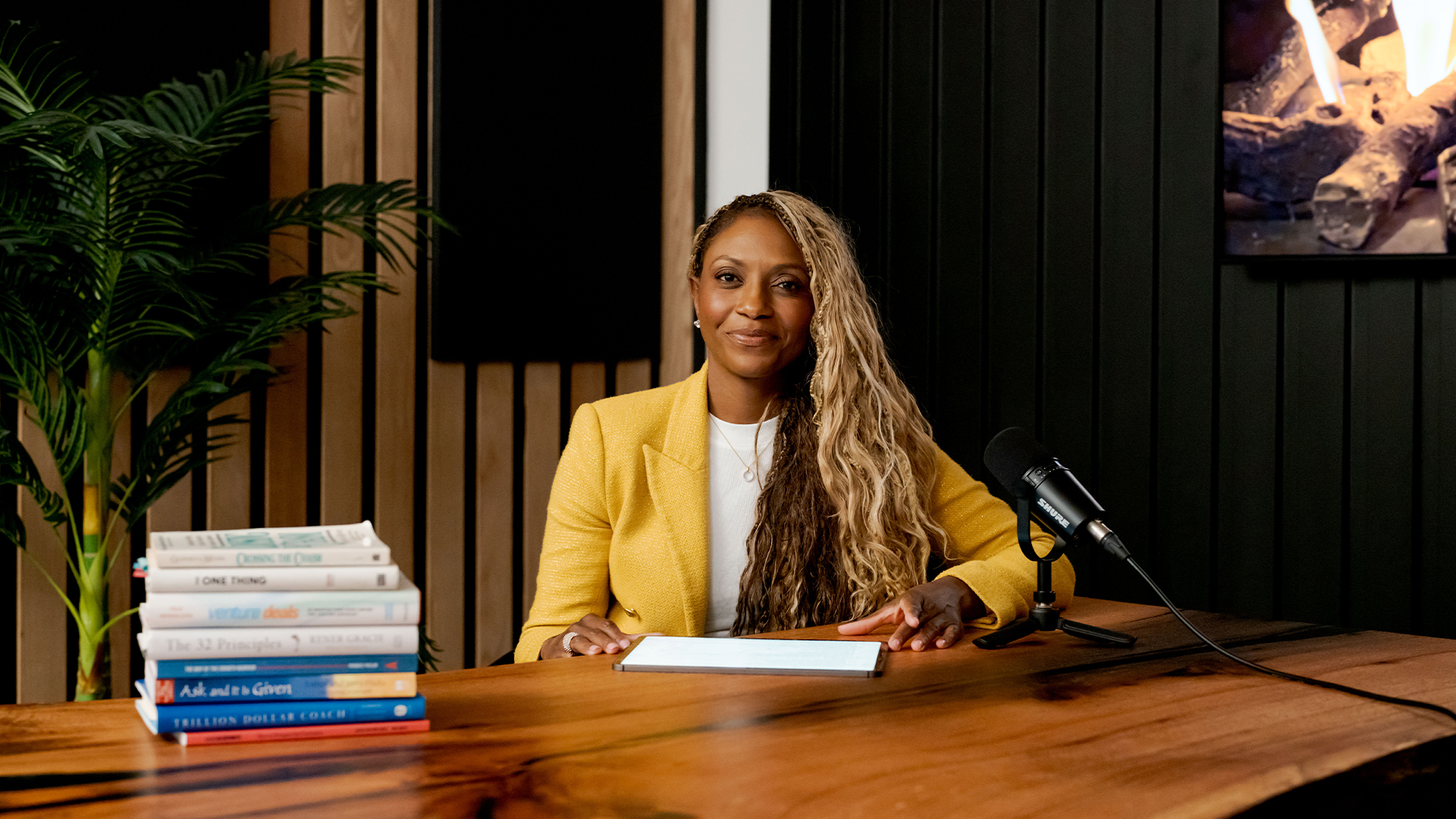Cannabis hasn’t always been inclusive for Black people, especially Black women. Now, Jessica Couch, Founder of Fayetteville Road Agency, and Cannaclusive’s Kassia Graham are working to break down all barriers put in place to keep them from reaping the benefits of the plant.
“Black women alone are some of the top users of complementary and alternative medicine,” Couch explained to AfroTech. “So that’s our tinctures, our teas, we pray, we do all of this other stuff besides subjecting to just taking medicine that’s prescribed to us.”
At Cannaclusive, it’s about Black women finally reaping the benefits for the work that’s put in.
“It’s imperative that Black women are involved in the cannabis industry,” said Cannaclusive Director of Community & Strategy, Kassia Graham via email. “Like Black men and others impacted by the war on drugs, Black women deserve to reap any benefits from medical and adult-use legalization due to a history of being disenfranchised by the state and federal governments.”
Both women have put amazing initiatives and companies in place to change the perception of Black women and cannabis.
On Cannaclusive
Behind every successful company, you can guarantee that there’s a Black woman working behind the scenes to ensure that things are getting done!
There’s no difference for Cannaclusive, which was created specifically to facilitate fair representation of minority cannabis consumers.
“Our founders Mary Pryor, Charlese Antoinette Jones, and Tonya Rapley were often the only people of color and women in the room as they sought pathways to the industry,” Graham continued. “Cannaclusive was created to facilitate representation, education, and to spur the participation of BIPOC entrepreneurs and consumers in the cannabis industry. We want to make sure our audience — which is diverse across many intersections — is kept abreast of policies, programming and other opportunities in the space that impact them on an individual and collective level.”

Although cannabis is the primary focus, the company also addresses other issues faced by the Black community while doubling down on the fact that the plant is more than just the “drug” that it’s been labeled as. For them, cannabis is health and wellness, culture, race, music, art, politics and so much more!
On Getting Involved
Couch’s introduction to the cannabis industry was not traditional and her involvement isn’t either. Her agency, Fayetteville Road, is a data-driven retail technology firm that focuses on the consumption of cannabis for women of color.
“Wherever women of color are spending their money, or are the top consumers in an industry, we’re conducting a lot of research,” she explained.
Her company’s roots are in the fashion and beauty space, but as they saw that cannabis was growing as a viable retail vertical, Fayetteville Road decided to shift gears.
“As a woman, I use cannabis in a very specific way. So with legalization, my partner and I had a couple of thoughts on how women often want to use cannabis differently from men — our habits are different, our tolerance is different,” she said. “So, once it became legalized my question was, ‘how are people going to really cater to us.'”
She further explained how Black women specifically set the tone for what’s hot and what’s not. This led Couch to also explore the ways the war on drugs has negatively affected women who look like her. She then decided to use her platform to not only cater to women who use cannabis, but to hold those in positions of power accountable when it comes to unfair treatment for those using cannabis products.
Click here to learn more about Fayetteville Road and here for more on Cannaclusive.

















